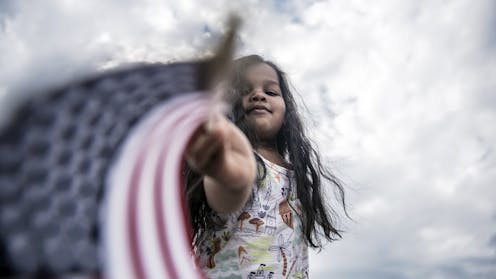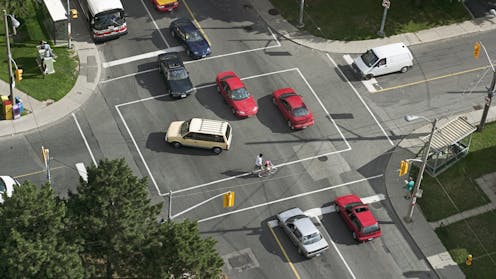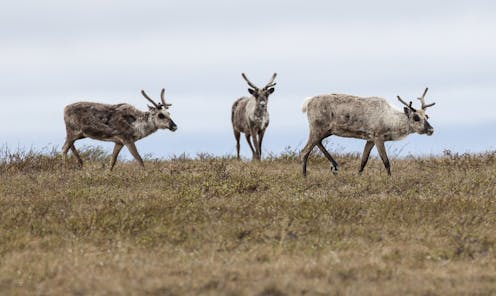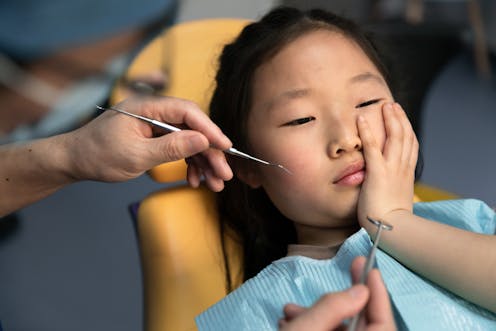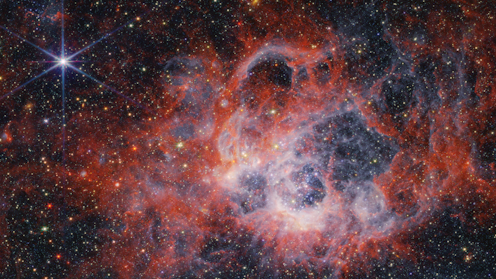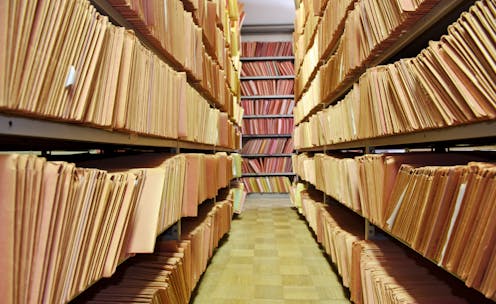Invasive carp threaten the Great Lakes − and reveal a surprising twist in national politics
- Written by Mike Shriberg, Professor of Practice & Engagement, School for Environment & Sustainability, University of Michigan
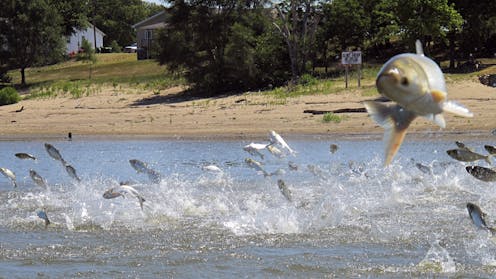 Invasive Asian carp are spreading up the Mississippi River system and already clog the Illinois River.AP Photo/John Flesher
Invasive Asian carp are spreading up the Mississippi River system and already clog the Illinois River.AP Photo/John FlesherIn his second term, President Donald Trump has not taken many actions that draw near-universal praise from across the political spectrum. But there is at least one of these political anomalies, and it illustrates the broad...


